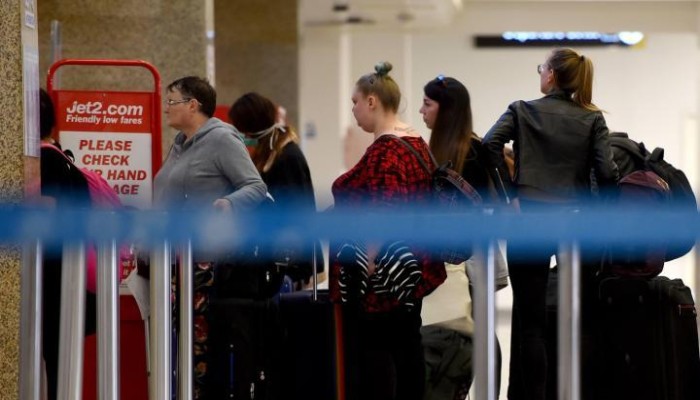
Passengers at Malta International Airport are being advised to check in online and avoid arriving more than two hours before departure to help mitigate long queues. CEO Alan Borg cautioned that the airport is experiencing "staggering numbers" of passengers, pushing its capacity to its limits.
Borg revealed to the Times of Malta that the airport's passenger forecasts have been significantly underestimated, leading to record numbers each month this year. In 2023, the airport handled 7.8 million passengers, a national record, and initially projected 8 million for 2024. However, it is now on track to surpass this target after several months of unexpectedly high passenger traffic, including 800,000 travelers in the last month alone.
The airport is currently undergoing upgrades to keep pace with the surge in travelers. These include expanding the arrivals area for non-Schengen passengers and increasing aircraft capacity by a third by next year. Despite the ongoing construction, efforts are being made to ensure minimal disruption for passengers.
Borg acknowledged the challenges of overcrowding, particularly in the departures area, and the airport is planning to reconfigure seating to address this issue. He emphasized that the high passenger numbers reflect a robust post-COVID recovery, with new airlines and increased flight numbers contributing to the surge. For example, flights to Poland and the UK are set to increase by 40% and 20%, respectively.
Borg also addressed concerns about over-tourism, advocating for sustainable growth and emphasizing the importance of attracting higher-value tourism rather than focusing solely on increasing visitor numbers.
On the topic of airline expansion, Borg highlighted that EasyJet has nearly doubled its routes this summer, with new entrants like Universal Air and other established airlines also increasing their presence. He refuted Ryanair boss Michael O’Leary’s claim that Ryanair is the "unofficial airline of Malta," stressing the importance of ownership over market share.
The airport is also preparing for new EU border controls requiring biometric data collection from non-EU arrivals. Despite concerns about meeting the November deadline for the Entry/Exit System (EES), Borg assured that the airport is working closely with the police to ensure compliance.
In terms of environmental impact, Borg pointed out that the airline industry contributes to 8% of travel-related greenhouse emissions. He reaffirmed the airport's commitment to achieving net-zero emissions by 2050, with initiatives like installing solar panels to help reach this goal.
By commenting you are accepting our Comment Policy.